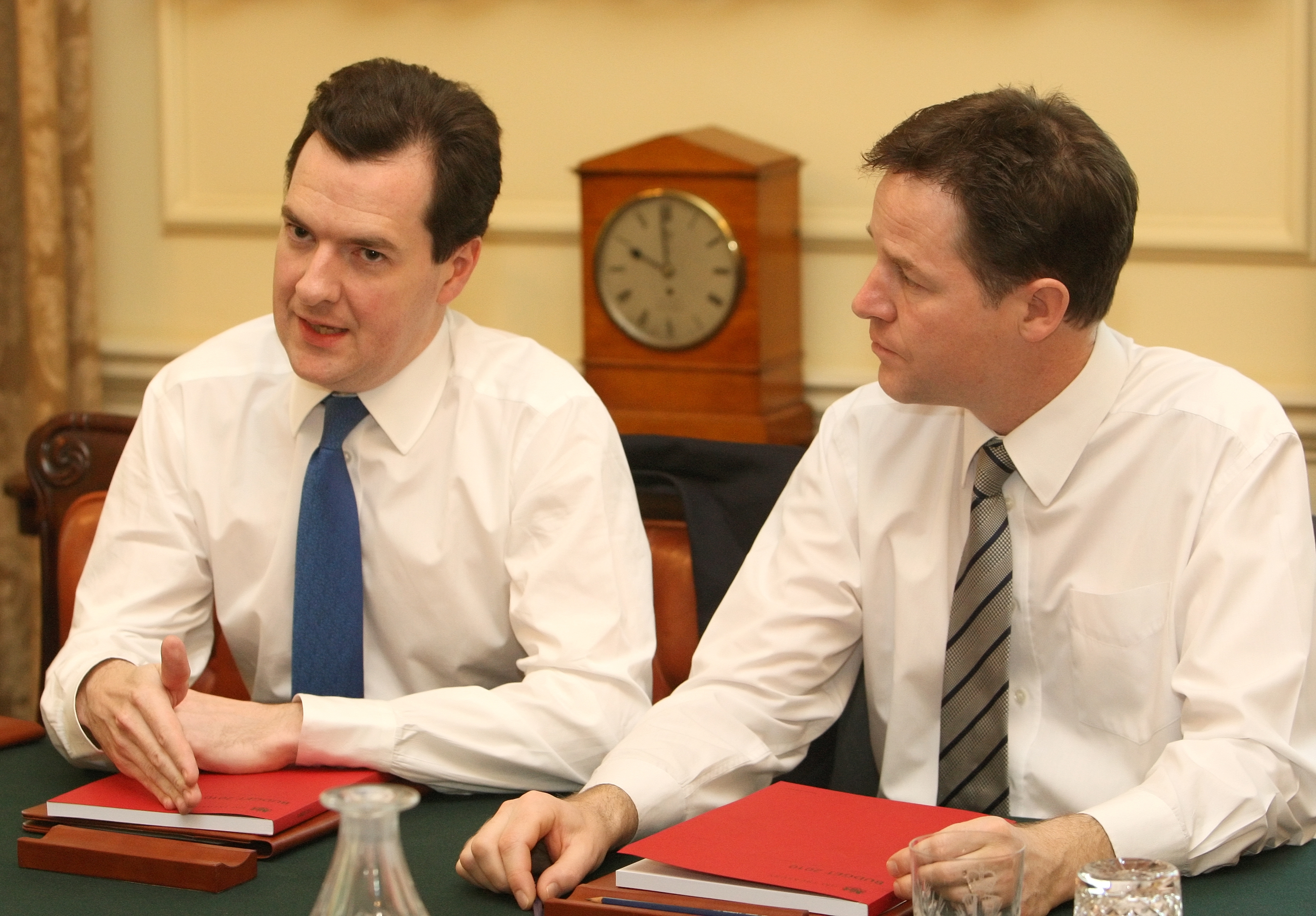 There are two main aspects to the VAT issue: one distasteful, the other less so.
The distasteful one is the issue of whether the government has a mandate for hiking VAT in tomorrow’s Budget. Of course, government is often the art of the unexpected, so we shouldn’t be
surprised to see measures implemented that weren’t explicitly raised in the election campaign – particularly when it comes to tax rises. But all the claims that there were “no plans” to raise VAT do jar against
reports like:
There are two main aspects to the VAT issue: one distasteful, the other less so.
The distasteful one is the issue of whether the government has a mandate for hiking VAT in tomorrow’s Budget. Of course, government is often the art of the unexpected, so we shouldn’t be
surprised to see measures implemented that weren’t explicitly raised in the election campaign – particularly when it comes to tax rises. But all the claims that there were “no plans” to raise VAT do jar against
reports like:
If you’re feeling charitable, you could say that Osborne – and all the other candidates for Chancellor – did decline to rule out a VAT hike during a TV debate in March. But the overall de-emphasis on the measure could still end up looking a little cynical after the Budget statement tomorrow.“Osborne insisted the budget measures would be spread fairly across society, suggesting capital gains tax will rise and promising a new banking levy. But he refused to be drawn on the vexed issue of a potential rise in VAT, which the Conservatives had privately committed to raising from 17.5% to 19.5% before the election.”
The other aspect is the effect of a hike on the least well-off in society. As Guido points out, this cause has united people from across the political spectrum – all the way from Ed Balls to the Taxpayers’ Alliance – and they’re armed with all kinds of empirical data to back themselves up. The case, though, is not that clear-cut. I’d point CoffeeHousers towards this piece of IFS research (p.146), highlighted by the FT’s Alex Barker, which suggests a limited VAT hike may actually hit the richest harder.
Either way, any VAT hike tomorrow would be fairly controversial – which is why I wouldn’t be too surprised to see a few measures designed to dilute its impact. Word is, the government might raise it by less than the 2.5 percent that had been mooted, and there’s always the chance that they’ll clear the path for making the first £10,000 of income tax-free. All, as they say, will be revealed tomorrow.







Comments